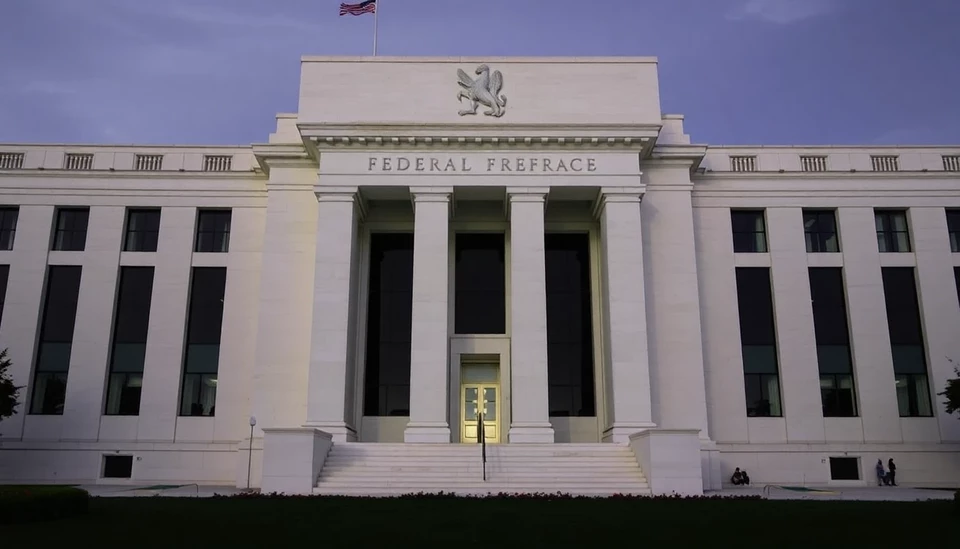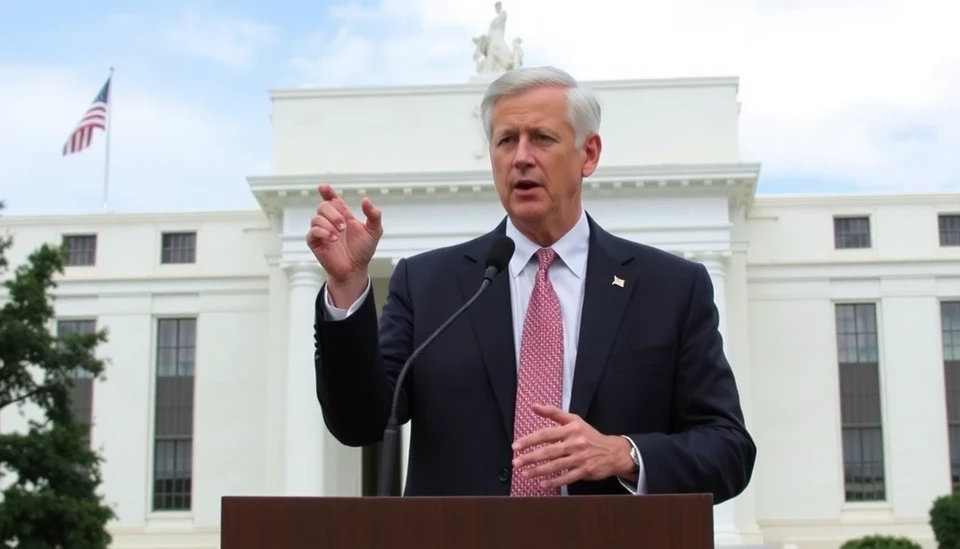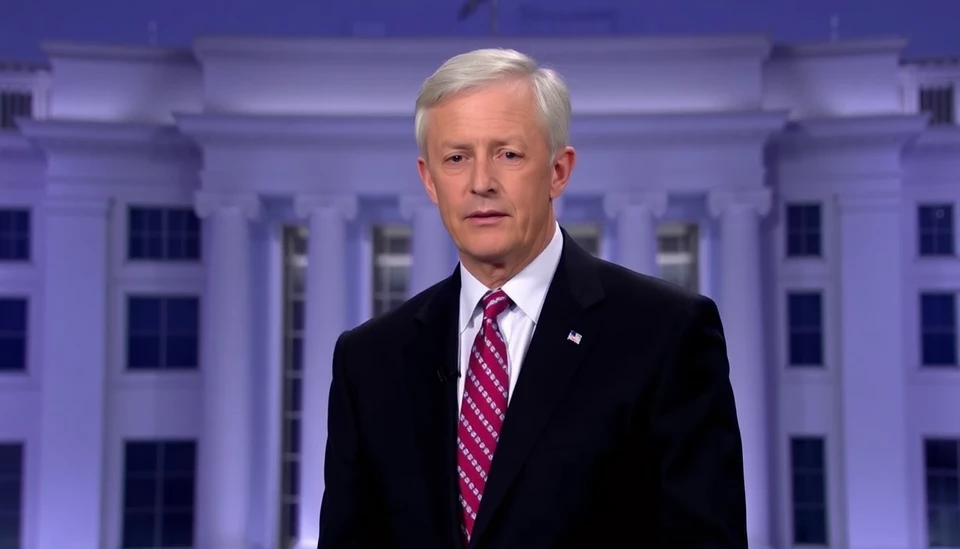
In a noteworthy development for the U.S. economy, Federal Reserve Governor Michelle Musalem has indicated that the central bank may consider gradual reductions in interest rates if the trajectory of inflation continues to decrease. This statement emerges amidst ongoing discussions about monetary policy adjustments and suggests a potentially more accommodating stance from the Fed in the wake of consistent inflation moderation.
Musalem's comments came during a recent speech where she outlined her views on the current economic landscape, emphasizing the importance of closely monitoring inflation indicators. She acknowledged that while inflation has shown signs of easing, it remains essential to ensure underlying economic stability before implementing any rate cuts. Her cautious optimism reflects a broader sentiment within the Fed that economic conditions are stabilizing.
According to Musalem, if inflation metrics persist in their downward trend, the Fed could initiate a series of measured rate cuts designed to stimulate growth while maintaining price stability. Such a move could have far-reaching implications for consumers, businesses, and the overall economy, potentially lowering borrowing costs and encouraging spending.
Analysts are closely watching this situation, as the Federal Reserve has long been committed to combating inflation, which surged in previous years due to various economic pressures, including supply chain disruptions and rising energy costs. The prospect of reduced rates could signal a shift towards bolstering economic recovery, especially in light of the lingering impacts of the pandemic.
However, Musalem and other officials are acutely aware of the balancing act required; they must tread carefully to avoid reigniting inflationary pressures while supporting the economy's growth. In her speech, Musalem highlighted that careful calibration would be crucial, noting that any alterations to the interest rate policy would be data-driven and responsive to economic conditions as they evolve.
The Fed's approach will also be influenced by global economic trends and domestic factors, including labor market dynamics and consumer sentiment. As the nation inches closer to 2024, the decisions made by the Federal Reserve will likely play a pivotal role in shaping financial markets and the broader economy.
Market reactions to Musalem's comments have been mixed, with some investors expressing optimism about potential rate cuts, while others remain cautious about the implications of this policy shift. The importance of inflation monitoring cannot be overstated, as it serves as a critical foundation for the Fed's future strategies.
In conclusion, the Federal Reserve underlines its adaptability in economic policymaking. With indicators suggesting a downward trend in inflation, the likelihood of gradual rate cuts hinges on sustained improvements in economic conditions. Stakeholders will be eagerly awaiting further insights and data from the Fed as the year progresses.
#FederalReserve #InterestRates #Inflation #Musalem #EconomicPolicy #MonetaryPolicy #USAEconomy #InterestRateCuts
Author: Rachel Greene




